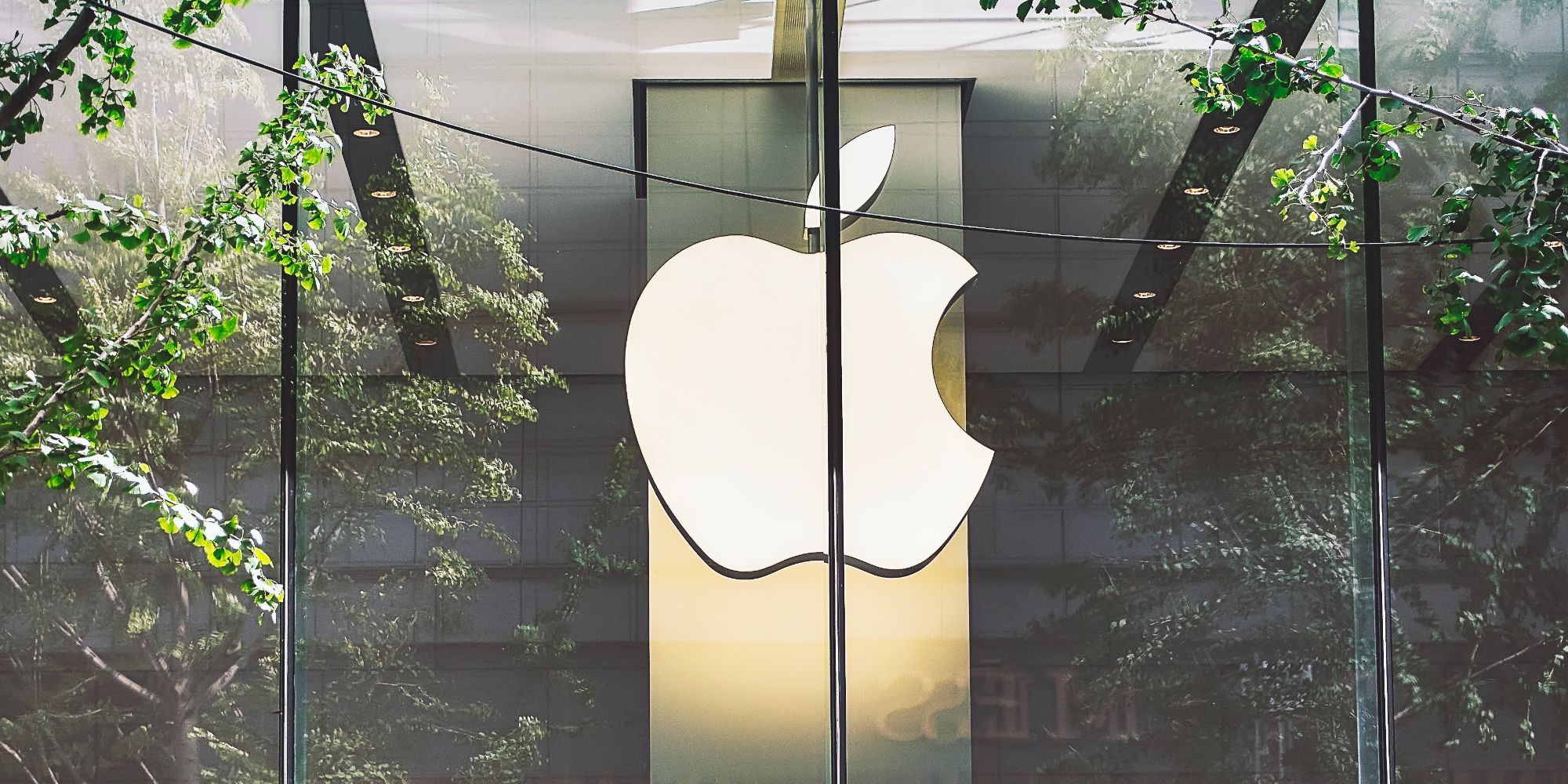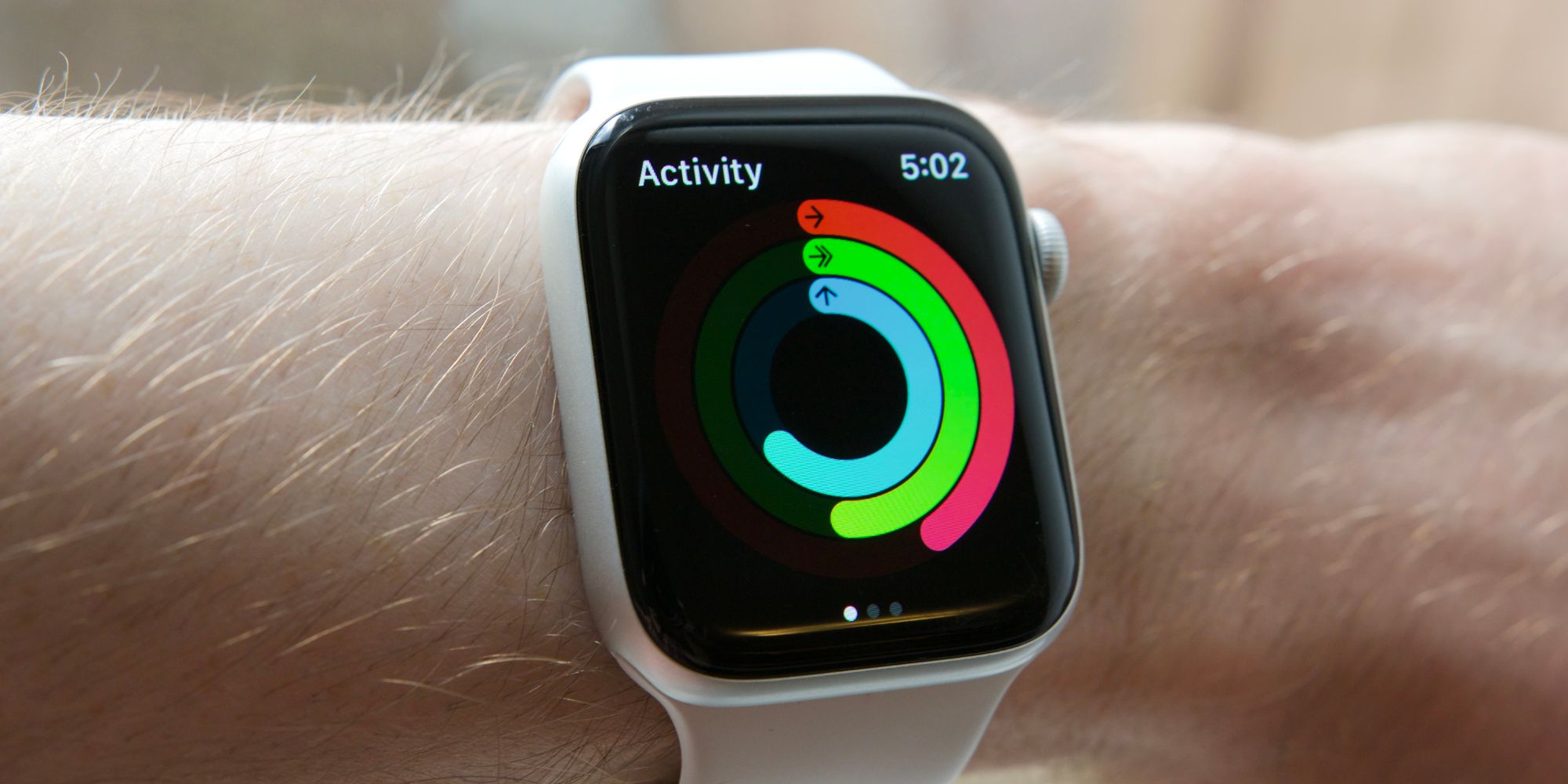Ever thought about going to a doctor's office or clinic that was run entirely by Apple? CEO Tim Cook and company apparently have, as a new report claims Apple has tried (and ultimately failed) to make a bigger push into the healthcare world.
While Apple primarily exists to create and sell tech products, it's also taken a big interest in the health niche in recent years. This can be seen with features like ECG and SpO2 tracking on the Apple Watch, guided workout classes with Apple Fitness+, and all of the new Health app features coming in the iOS 15 update. More so than Samsung, Google, or almost any other competing tech brand, Apple's push into consumer healthcare has been a considerable success.
According to a new report from The Wall Street Journal, Apple previously tried to go a step further with plans to create its own clinics and hire Apple-employed doctors. These plans apparently started back in 2016 under the codename 'Casper,' with Stanford University's Dr. Sumbul Desai hired in 2017 to lead the project. The company reportedly "took over clinics that catered to its employees and built a team with scores of clinicians, engineers, product designers, and others." One of the components of this effort saw employees using a new 'HealthHabit' app that allowed them to live chat with their doctors and create personalized health goals. It's reported that all of this would be offered to people as part of a subscription plan, further tying into Apple's focus on offering robust services to keep people invested in its ecosystem.
Why Apple's Clinics Haven't Taken Off Yet
If Apple has been working on Casper since 2016, why has it remained a secret until just now? Per The Wall Street Journal's report, Apple has had to scale back on its development due to employees raising concerns "about the integrity of health data coming from the company's clinics." Apple apparently tried to stand behind the integrity of the data from the clinics, yet employees continued to complain about poor performance and inaccurate results from them. This, combined with multiple key people working on Casper quitting the project, has resulted in it mostly coming to a standstill. While Apple hasn't scrapped Casper entirely, it'll likely be years down the road before it ever becomes available to the general public.
If and when that day ever comes, it'll be interesting to see how many people would be willing to visit Apple-run clinics and doctor offices. Apple has already received ample criticism for locking people into its ecosystem with iMessage and the App Store. As such, the thought of Apple eventually wanting people to use it for healthcare and medicine is bound to come with even more backlash. Then again, with so many people already using the Apple Watch and Apple Health app to track their health on a daily basis, maybe the idea of then going to an Apple clinic isn't so absurd.
Source: The Wall Street Journal


